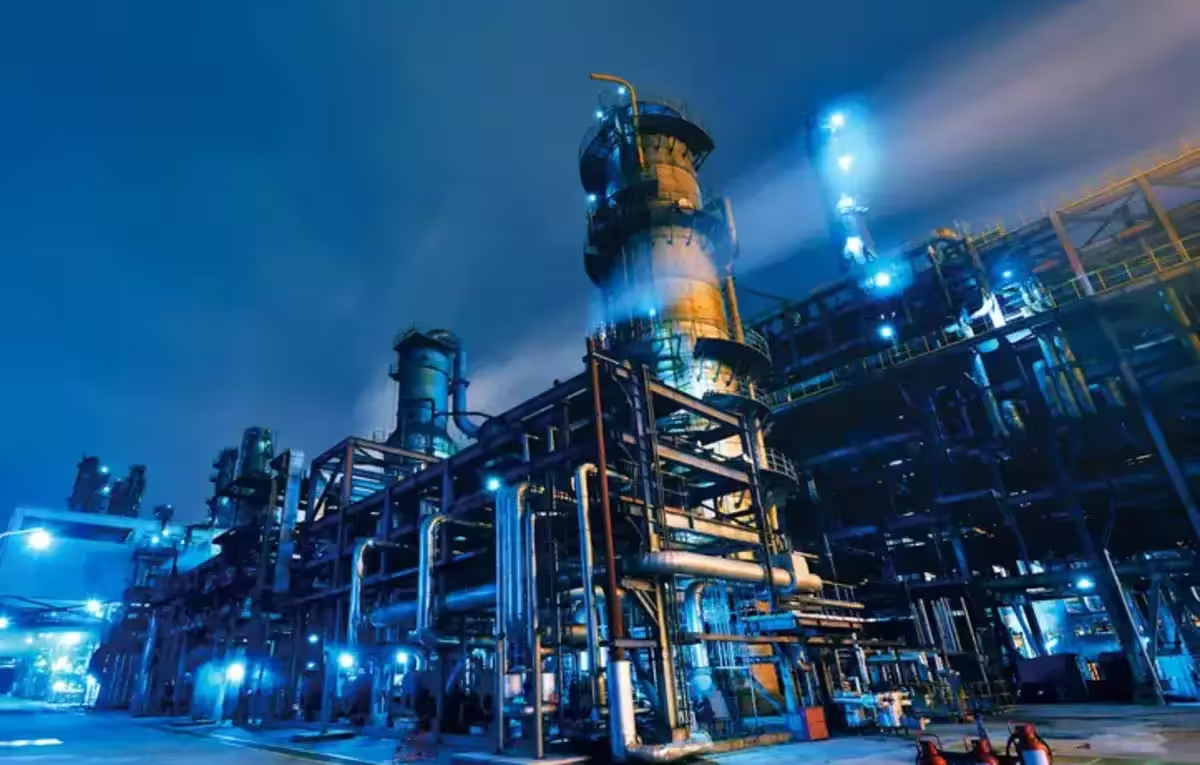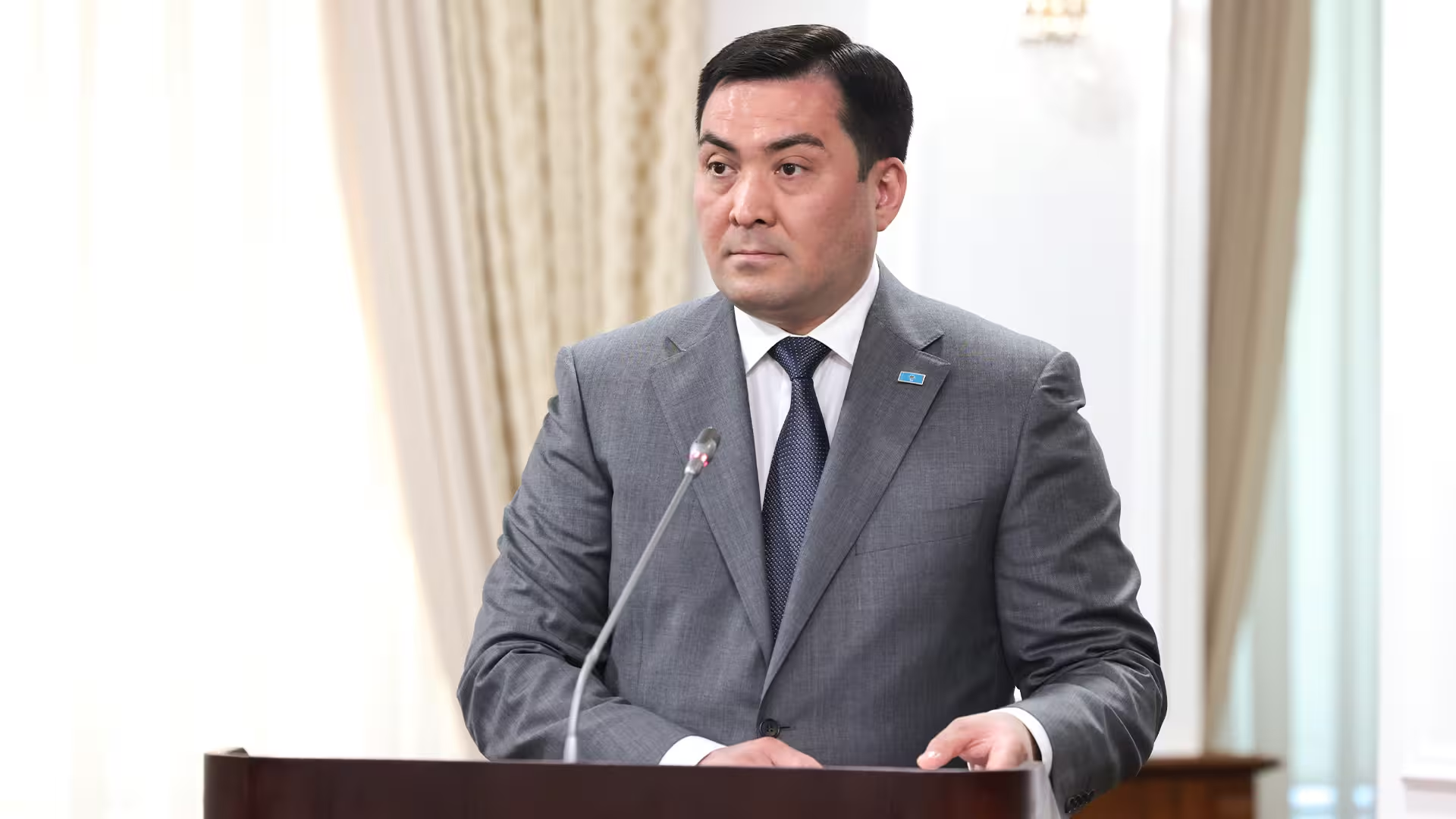Kazakhstan is set to invest $15bn in the petrochemical industry by 2030, with a focus on transitioning from a raw materials model to high-value production. This initiative, outlined by Energy Minister Yerlan Akkenzhenov at a government meeting, aims to enhance the country’s petrochemical sector, opening significant opportunities in both domestic and international markets.

Akkenzhenov highlighted the strategic importance of petrochemical development, noting that despite Kazakhstan's position as one of the largest oil and gas producers in Eurasia, the sector has primarily focused on exploration and production. He pointed out that the processing potential, especially in petrochemicals, remains underutilized, presenting challenges that need addressing.
To guide the sector’s growth, the Ministry of Energy developed a comprehensive Roadmap for 2024–2030, featuring six key areas and 34 measures. Among these, six major investment projects, valued at $15bn, are expected to create around 3,500 permanent jobs and over 16,000 temporary construction jobs. The roadmap aims to stimulate the industry, encouraging the development of new petrochemical products and infrastructure.
By the end of 2024, Kazakhstan’s petrochemical production reached 550,000 tons, an increase from 2023’s output of 358,600 tons. Notably, the production of paraxylene, a key petrochemical product, had already begun at the Atyrau Oil Refinery, with 33,800 tons produced between March and April 2025.

Akkenzhenov also outlined the progress in creating a robust legal framework to support the industry. The Ministry, along with other stakeholders like JSC NC KazMunayGas and KazEnergy, is working on a draft Law "On the Petrochemical Industry." The draft law will ensure transparent and equal access to raw materials, infrastructure development, and government support through financing, subsidies, and tax incentives.
Additionally, Kazakhstan’s special economic zone (SEZ) for petrochemical development continues to grow. The Karabatan, Tengiz, and Technopark sites are dedicated to major petrochemical projects, including the production of polypropylene, polyethylene, and synthetic rubber. The Technopark site supports small and medium enterprises in the sector, while Tengiz will supply ethane for the polyethylene project.
Among the ongoing projects, the production of polypropylene at the KPI plant, launched in November 2022, is progressing well, with the plant having produced about 250,000 tons by the end of 2024. Construction on a new polyethylene plant, with a capacity of 1.25mn tons per year, is also underway, with the completion expected by 2029.
Other major projects include the production of urea and ammonium-urea complexes in Aktobe and Aktau, respectively, as well as ventures in alkylate, polyethylene terephthalate (PET), and butadiene production.
Follow Daryo's official Instagram and Twitter pages to keep current on world news.
Comments (0)